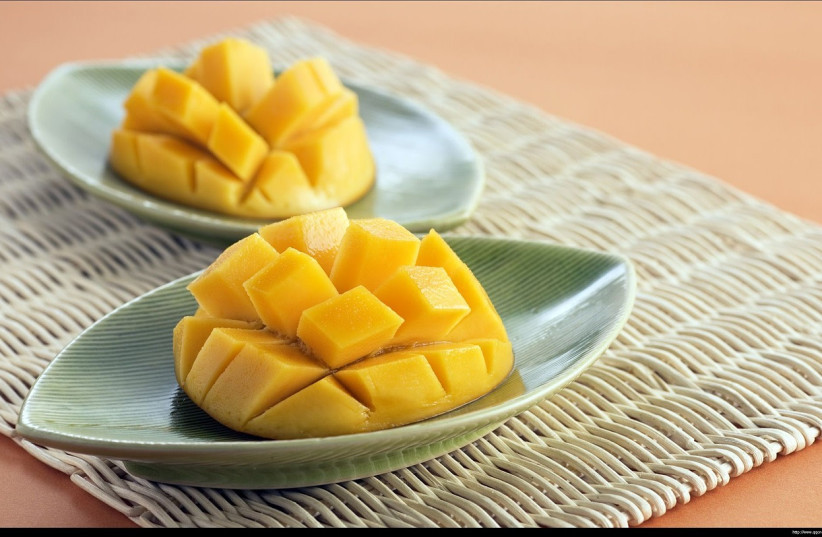Renowned for its sweet and exotic flavor, the mango is one of the world's most beloved fruits. The latest research offers fresh reasons to embrace them, as they seem to hold the promise of reducing the risk of vascular ailments. Moreover, these studies suggest that mango consumption can elevate antioxidant levels among adults grappling with excess weight.
Dr. Mee Young Hong, the principal investigator of the study from San Diego State University's School of Exercise and Nutrition Sciences, affirms these findings, "Mangos contribute a variety of nutrients, phytochemicals and bioactive compounds to the diet—including 50% of the daily value (DV) for vitamin C, 15% of the DV for folate and 15% of the DV for copper, and mangos are also a predominant source of the bioactive compound mangiferin." Hong further explains that the intricate interplay of vitamins and bioactive compounds likely underpins these promising outcomes.
Over 20 essential nutrients packed in just three-quarters of a cup
Two recent studies followed a cohort of 27 participants, comprising 16 men and 11 women, over a span of 28 weeks. Divided into two groups, they were instructed to incorporate a 100-calorie mango snack (equivalent to one cup) or a 100-calorie low-fat cookie into their diets for a period of 12 weeks. This dietary intervention was undertaken alongside a relatively healthy lifestyle.
After the initial 12 weeks, participants underwent a four-week interval before switching snack groups for another 12 weeks. Blood samples were collected during fasting periods at the fourth and twelfth weeks of each testing phase.
In comparison to the low-fat cookies, mango consumption yielded significant improvements in two markers of oxidative stress. This manifested as a decrease in vascular cell adhesion molecule-1 (VCAM-1) levels and an augmentation in the presence of the enzyme superoxide dismutase (SOD). The second study revealed a noteworthy increase in the levels of glutathione peroxidase (GPX), a potent antioxidant enzyme.

Indeed, the preference for whole fruits over cookies, even low-fat ones, appears to yield superior biomarker outcomes. Mangoes, in particular, boast an impressive nutritional profile, offering over 20 different essential vitamins and minerals within just three-quarters of a cup.
Considering that vascular diseases, including stroke, rank as the third leading cause of death in the United States, Hong emphasizes the urgency of adopting food-centric strategies to mitigate risk. Incorporating fruit, such as mangoes, into diets holds pivotal importance in curbing these trends and enhancing public health.
These groundbreaking findings were unveiled at Nutrition 2023, the annual conference of the American Dietetic Association, and received funding from the National Mango Council.
